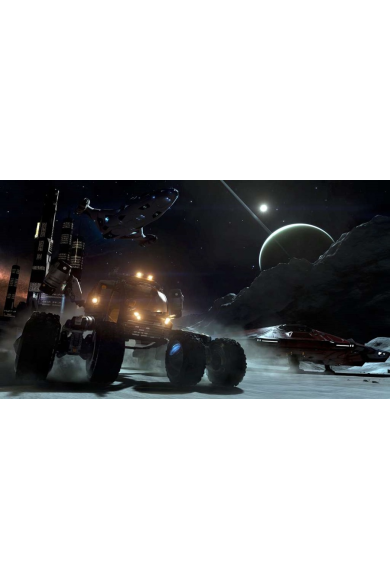

I really believe we can win this thing but winning won’t occur between now and 2014. “In some ways, it feels like I’m leaving family behind to an uncertain future.By any metric, by any polling data, the vast majority of the people that live in Afghanistan reject the Taliban or other militant insurgent groups. The insurgency is not going to win in Afghanistan. “The insurgency is not going to win in Afghanistan.All reconstruction and development effort go with us.” It’s a huge and significant role for the people of Afghanistan and for the whole world, because, if we fail here, and I’m absolutely convinced we won’t, we push Afghanistan back to the Dark Ages. “What we’re doing here in NATO is playing under a U.N.The reason of this presence is linked, of course, to the preparation of the dispersion of the capacity of the Afghan.


They derive their power and influence in today's Afghanistan as a result of the lack of effective central state authority. “The motivation of al-Qaida and Taliban forces is straightforward.To lead ISAF for the past six months, and I'm delighted that thingsįeb. “Afghanistan has hosted British generals in the previous twoĬenturies on at least three occasions, and, generally, things have.Over the nearly 20-year span of the war in Afghanistan, its commanders often left with deeply ambivalent ideas about how successful their efforts had been-and their views trace an increasingly pessimistic arc. special forces worked as trainers and mentors to local police and other authorities in Afghanistan’s many far-flung villages. On earlier Afghan deployments, Miller had been part of a team that helped start an innovative program called Village Stability Operations, in which U.S.

A former elite Delta Force officer, Miller had spent much of his career commanding the Pentagon’s secretive “black operations” troops as they hunted and fought terrorists in some of the most hostile corners of the globe. The final nine of them had been American generals, but Miller’s experience was uniquely well-suited to the job in front of him. Miller was the latest of 18 officers from seven countries to command the overall NATO deployment in Afghanistan. After 18 years of some level of American presence, the Taliban had been gaining power again, and the U.S.-backed Afghan government in Kabul was struggling to maintain control of the country. troops directly fighting the Taliban to backstopping the Afghans’ own army and police. The operation in Afghanistan now was named Operation Resolute Support, and its mission had long since changed from U.S.


 0 kommentar(er)
0 kommentar(er)
